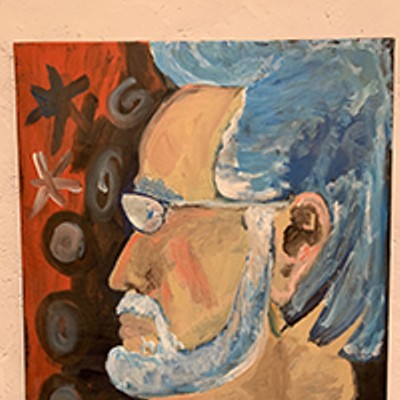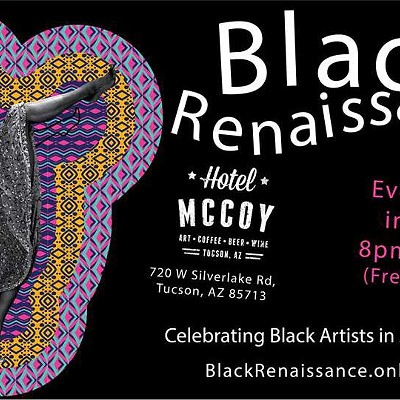In the nonfiction category, I could not get enough of Michael Pollan's work. The Omnivore's Dilemma was deserving of all the hype surrounding it when first published. Anyone who eats should read this. If you look at corn the same after finishing this book, you are certifiably brain dead. This smart, funny, philosophical work ranges from a Midwest feedlot to the woods of Northern California.
The Botany of Desire, an earlier Pollan work, is just as wonderful. He examines the apple, the tulip, marijuana and the potato from the perspective of their relationship to human needs, hence the title. I learned more about pot from this book than I learned during all my years in Greenwich Village.
Anthony Doerr's award from the American Academy of Arts and Letters included a monthly stipend, apartment and writing studio in Rome for a year. Tough gig. In Four Seasons in Rome, he describes life in the Eternal City with his wife and newborn twins. His observations on encounters with neighbors, butchers and grocers, as well as the marvels of the ancient city, the often torturous writing process and what it means to be a new parent suffering from insomnia, combine to make this a well-crafted.
Alan Weisman's The World Without Us is a thoughtful, thoroughly researched, engagingly written work that postulates an Earth devoid of human inhabitants. If you're bummed about what we're doing to our host planet, reading this book will reassure you that life will indeed prevail (even if it doesn't include homo bogus sapiens).
After reading The Looming Tower: Al-Qaeda and the Road to 9/11 by Lawrence Wright, I came away convinced that no one can dream of uttering an opinion about the Middle East, the ridiculously labeled "war on terror," Osama bin Laden or the events of Sept. 11 unless they've read this book. A huge work of exhaustive research, and an example of brilliant journalism and narrative history, this is an indispensable source to understand jihadist terrorism, Sept. 11 and the immense bungling that led to the greatest terrorist action in history.
Dreams From My Father and The Audacity of Hope served to convince me Barack Obama is our best bet for America's future. The first puts to rest any nonsense about Obama and his so-called Muslim background; it is incontrovertibly clear he was raised and most influenced by three white people from Kansas: his mother and maternal grandparents. The second was written after he attained his U.S. Senate seat and presents his vision for the country.
In fiction, A Thousand Splendid Suns by Khaled Hosseini is a worthy follow-up novel by the author of The Kite Runner. In some ways a more complex and satisfying work than Hosseini's first, this novel tells the story of Miriam and Laila and how these women's lives intersect in Afghanistan from the Soviet to the post-Taliban eras.
Marisha Pessl's debut novel, Special Topics in Calamity Physics, hangs on a daring framework: a college curriculum. It's the story of Blue van Meer, her itinerant college professor father and a passel of oddball characters. From radical politics to mysterious deaths and disappearances, a unique read.
An oldie but goodie, The Bonfire of the Vanities by Tom Wolfe is a study of the excess that is New York. Wolfe is a master of characterization, setting and dialogue. Read it as a modern parable.
Based on interviews with a prostitute, Paulo Coelho's fictionalized Eleven Minutes looks at life, love, values and human limits through the eyes of Maria, a prostitute in Geneva, Switzerland.
The Space Between Us by Thrity Umrigar is the story of two Bombay women, one Parsi and one Hindu. Sera, a middle-class housewife employs Bhima, an illiterate slum dweller, as her servant. The novel provides a stark and realistic look at the nature of class (not to be confused with caste) in India.
Richard Russo's Bridge of Sighs is an expansive narrative that reaches across oceans and generations. The Pulitzer Prize-winner of Empire Falls demonstrates his virtuosity in this new masterpiece of complex characters and a compelling storyline. A great read.
Last but not least, Trial by Fire is a quick, take-to-the-beach read by D.W. Buffa. Like all Buffa novels, there's as much philosophy about the nature of justice as there is engrossing plot, good character development, etc.
Enjoy, and keep cool.






